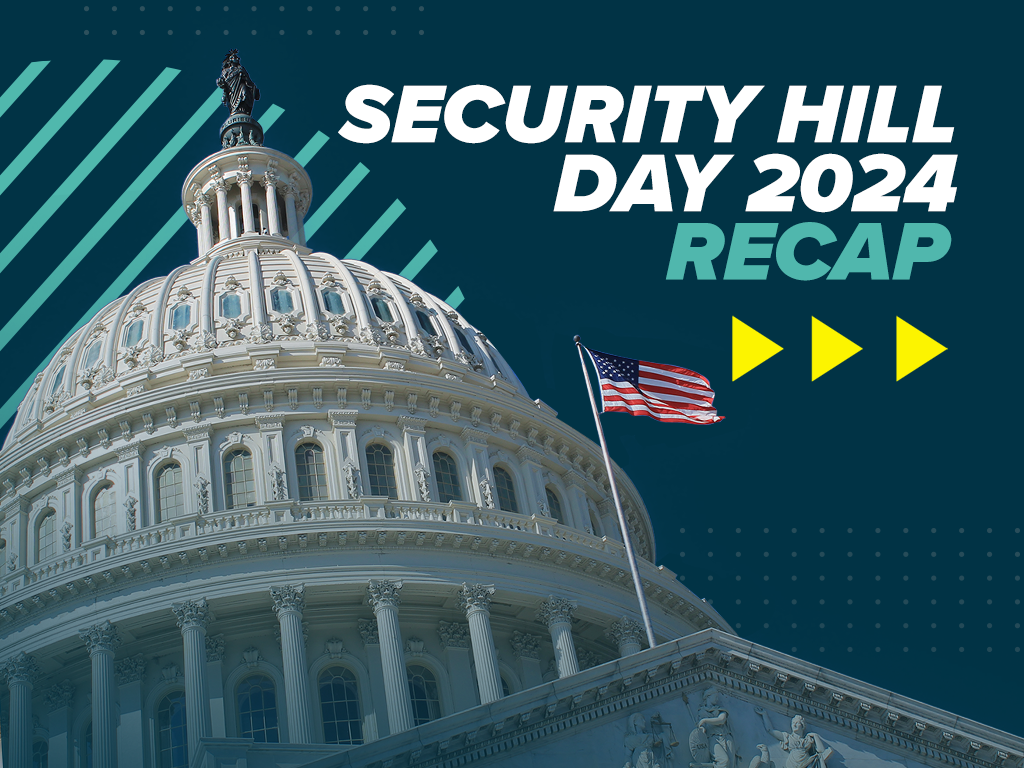Contending With Economic Threats, Viral and Legislative

Cruise ships are quarantined offshore and huge trade shows like ISC West are postponed or cancelled. Travel restrictions are in place for many companies and airlines are feeling the impact. The coronavirus has certainly played a huge role on the overall economy, and the stock market reflects the fears that many have about this latest threat to economic growth. The airline industry, manufacturing (especially manufacturing that includes components from China), and local governments dependent upon large scale events like ISC West and South By Southwest (SXSW) are just a few of the segments of our economy that are suffering right now and could threaten to bring on a premature recession.
Adding to these threats is legislation that serves to prop up private sector unions, shut out merit-based public contracting and increase regulations that would stunt emerging technology for electronic security and other low-voltage industries.
While there is little we can do to deal with the economic fall out from a contagious virus, there is a substantial amount we as an industry can do to combat legislative and regulatory measures that threaten our industry. Bills like Maryland HB 1127 and SB 994, which creates statewide electrical licensing but pulls low-voltage installations and servicing under the control of this new regulatory framework, demonstrate one aspect of the disconnect between evolving technology and legislation.
Virginia HB 358 is another example of job-killing legislation that serves the interest of labor unions at the expense of merit-based contractors and taxpayers who must pay for the added costs that will surely come without competition in the market. When market inequities are created by legislation, this impacts jobs and stunts economic development.
Another area that could impact economic growth for the electronic security industry comes with legislation based on fear or misinformation. An example of this would be facial recognition technology bans or limitations for government and commercial purposes. Facial recognition technology is evolving and improving at a rapid pace, but advocacy groups are using distorted or non-contextualized quotes from federal studies or self-administered tests to criticize the utility and effectiveness of this technology.
We must also face legislation that attempts to do some destructive things to the workplace, like Washington SB 6516, which would reduce the nonexempt employee workweek to 32 hours from 40 hours. It is unknown if the author of the bill contemplated the impact this legislation would have on nonexempt employees as well as employers, but we must consider all possibilities on motivation and take steps to defeat job-killing legislation like this.
The electronic security industry is evolving, which is no secret to anyone, but growth can be hampered when legislation or regulations stifle innovation, favor labor unions or harm taxpayers with induced market inequities. We will continue to foster growth, support legislation that serves to expand economic development and defeat legislation that undermines our common goals. As always, we will need your help and engagement to be successful.




